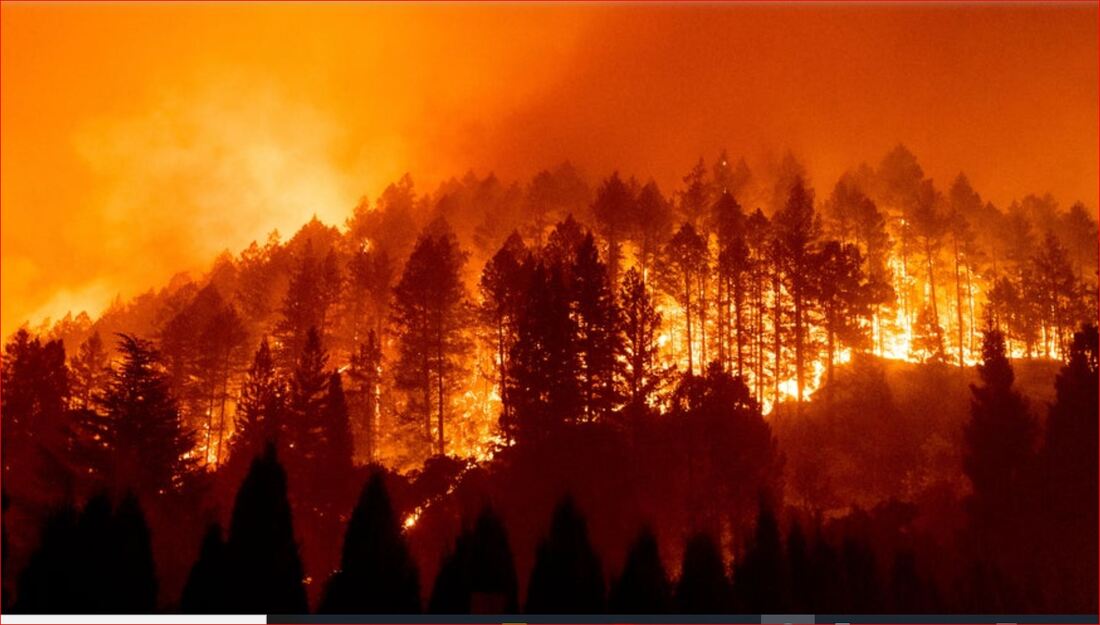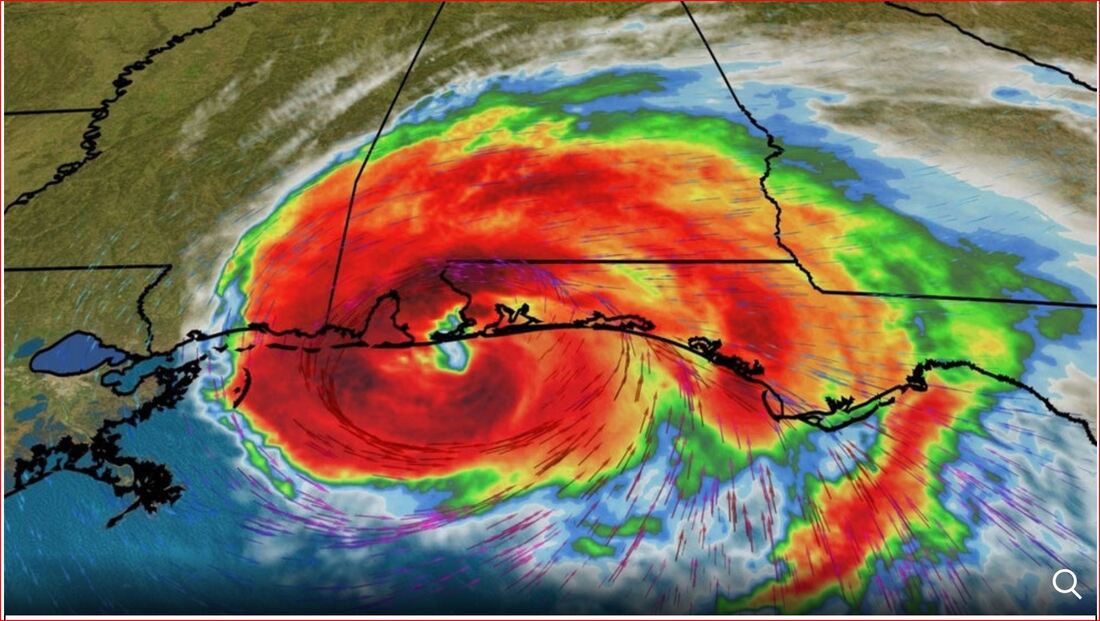You might think that with the intensification of forest fires in the western United States and the increasing number and intensity of tropical storms and hurricanes, the issue of climate change would dominate the political landscape. It’s not.
Other serious issues like justice and equality, the stratification of American society, the cult of personality, the handling of the coronavirus pandemic, and our world standing (or lack of it) are the focus of political crosstalk. While crucial issues, this failure to frankly and effectively confront the issue of climate change is dooming not just the United States but the entire globe to an unprecedented refugee disaster.
As climate change alters or destroys soil productivity in agrarian regions, those impacted have little choice but to leave where they are and move to a place that offers possible survival. Concurrently, nations that might host the refugees until they have a chance to regroup, erect obstacles to migration instead. Some of the obstacles are conceived to hold people in place where they are, a callous response to those facing a threat to their very existence. Other obstacles, like a wall, are quite literally built to prevent immigration. In either case, the outcome is the same.
The very countries that contribute the most to climate change via carbon release and environmental disasters are the ones blocking the influx of desperate people most impacted by these same countries’ actions. Clearly, the concepts of climate fairness and climate justice need to be added to our lexicon when speaking of the dire effects of climate change.
Rich industrialized countries are not made any safer because of their abusive treatment of climate refugees. Instead, countries like the United States are continuing a “head in the sand” approach to climate change. At some point, the realization will dawn on a sufficient number of citizens who will demand governmental actions to mitigate the effects of climate change. When this happens, a whole series of measures that already exist will be waiting. But there must be both the will and resources to mount an effective counteraction to climate change.
Until the electorate calls for its elected officials to enact and enforce legislation to counteract climate change, we will continue on the fast track to climate disasters the likes of which we are already seeing on the West Coast and Gulf Coast – with increasingly destructive storms and fires that will lay waste to our landscape.
About a month remains until the next general election. The simple act of voting in this election represents our opportunity to insert our voices into political discussions. It is the first step toward significant remedies to offset the impacts of climate change. Find out where candidates stand. Research, call or write their offices. Get involved. By voting on November 3rd, we can begin the journey toward change.
Please remember that to do our part in fixing many of the problems before us, we must vote. Every vote counts. So, whether casting a ballot by mail or in-person, we have an obligation to ensure that our concerns for the planet and those who live on the planet are known.
As climate change alters or destroys soil productivity in agrarian regions, those impacted have little choice but to leave where they are and move to a place that offers possible survival. Concurrently, nations that might host the refugees until they have a chance to regroup, erect obstacles to migration instead. Some of the obstacles are conceived to hold people in place where they are, a callous response to those facing a threat to their very existence. Other obstacles, like a wall, are quite literally built to prevent immigration. In either case, the outcome is the same.
The very countries that contribute the most to climate change via carbon release and environmental disasters are the ones blocking the influx of desperate people most impacted by these same countries’ actions. Clearly, the concepts of climate fairness and climate justice need to be added to our lexicon when speaking of the dire effects of climate change.
Rich industrialized countries are not made any safer because of their abusive treatment of climate refugees. Instead, countries like the United States are continuing a “head in the sand” approach to climate change. At some point, the realization will dawn on a sufficient number of citizens who will demand governmental actions to mitigate the effects of climate change. When this happens, a whole series of measures that already exist will be waiting. But there must be both the will and resources to mount an effective counteraction to climate change.
Until the electorate calls for its elected officials to enact and enforce legislation to counteract climate change, we will continue on the fast track to climate disasters the likes of which we are already seeing on the West Coast and Gulf Coast – with increasingly destructive storms and fires that will lay waste to our landscape.
About a month remains until the next general election. The simple act of voting in this election represents our opportunity to insert our voices into political discussions. It is the first step toward significant remedies to offset the impacts of climate change. Find out where candidates stand. Research, call or write their offices. Get involved. By voting on November 3rd, we can begin the journey toward change.
Please remember that to do our part in fixing many of the problems before us, we must vote. Every vote counts. So, whether casting a ballot by mail or in-person, we have an obligation to ensure that our concerns for the planet and those who live on the planet are known.



 RSS Feed
RSS Feed